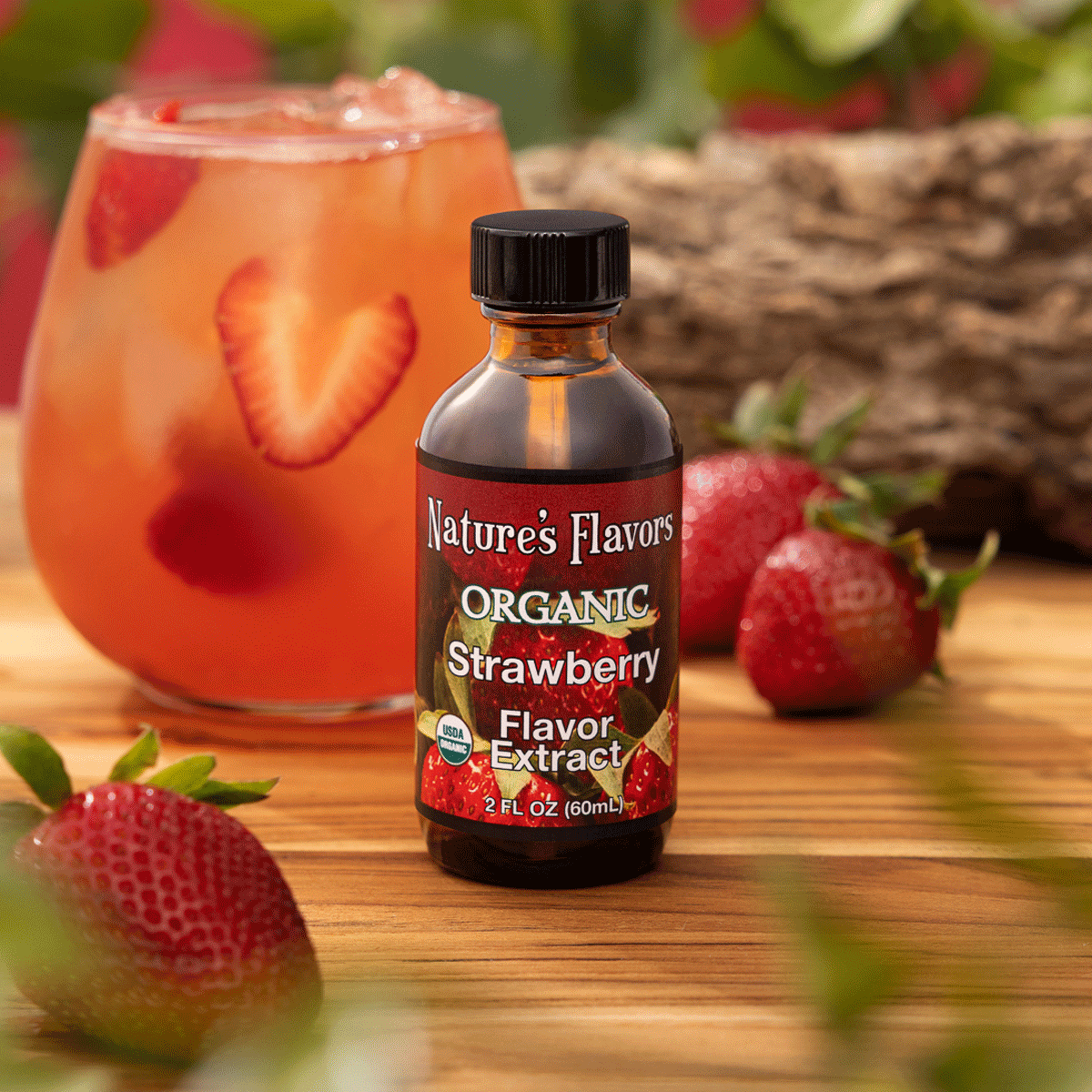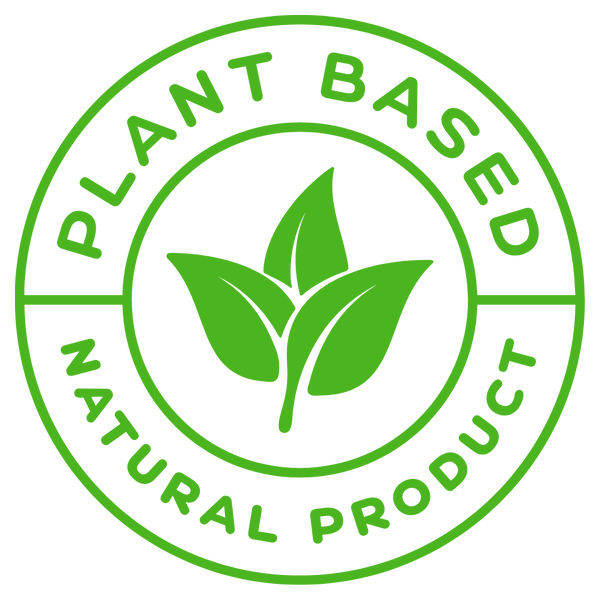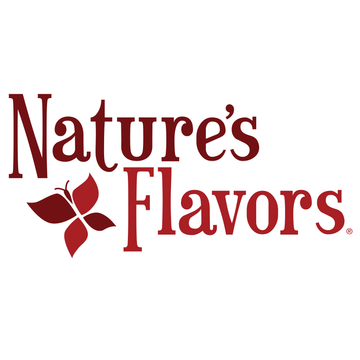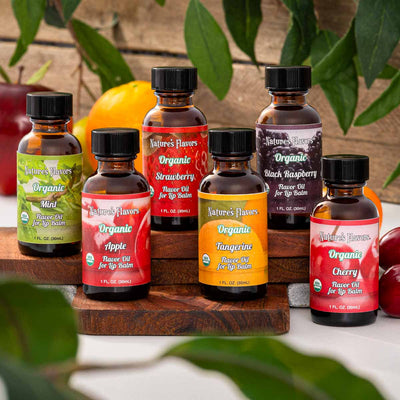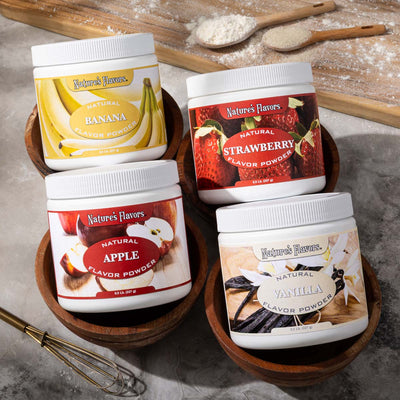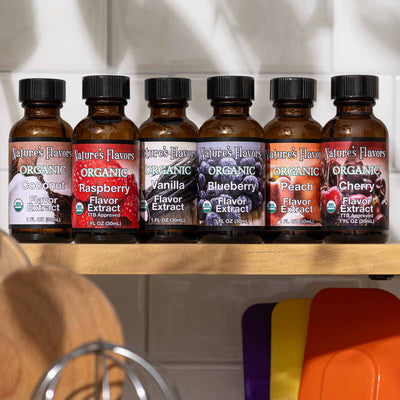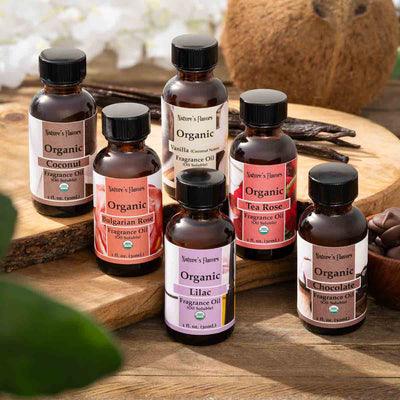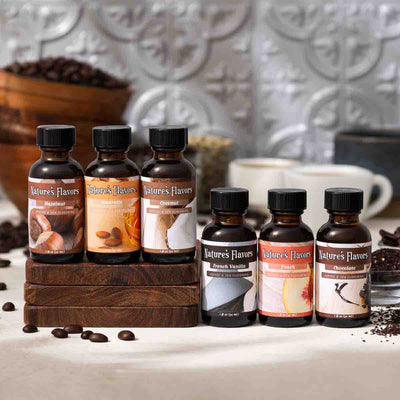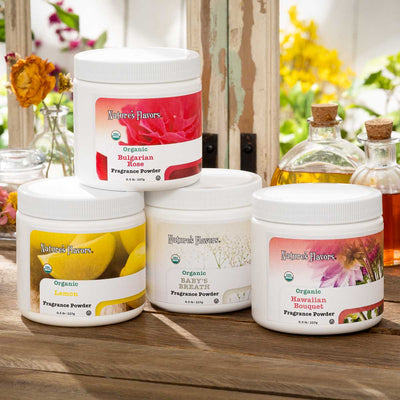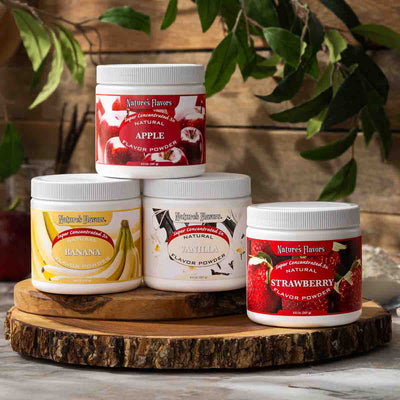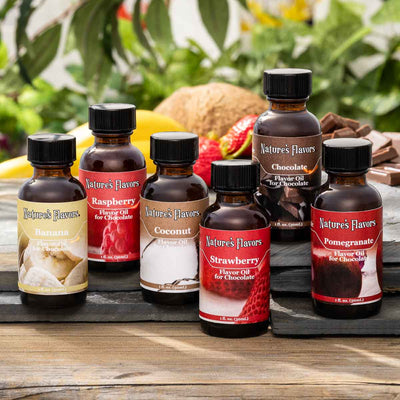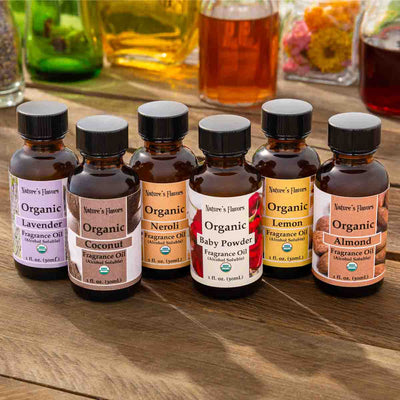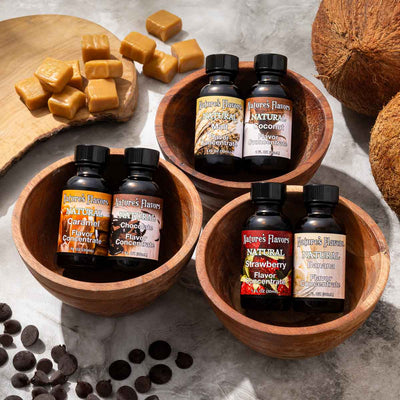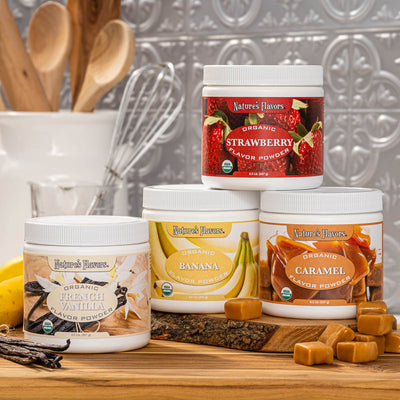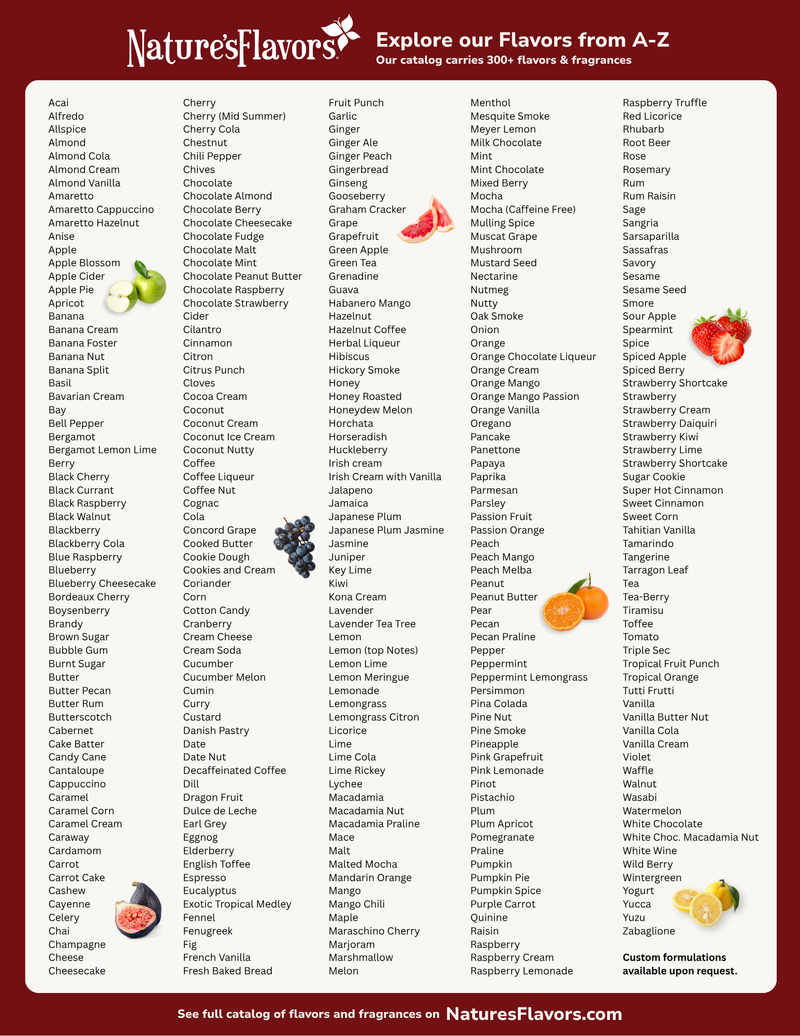Apricot Flavor Emulsion for High Heat Applications is a specialized culinary ingredient designed for professional kitchens and food manufacturing settings. This concentrated flavoring solution retains its aromatic profile and taste characteristics during high-temperature processing, making it ideal for baking, cooking, and confectionery production. The emulsion features a balanced formulation of natural flavoring compounds, water, and stabilizing agents that resist breakdown under thermal stress.
Applications:
This emulsion integrates seamlessly into recipes requiring sustained apricot notes throughout high-temperature processes. Common uses include cake batters, pastry fillings, cookie doughs, bread formulations, glazes, and confectionery items. The product performs consistently in commercial ovens, industrial baking equipment, and standard kitchen appliances. Food manufacturers utilize this ingredient in processed foods, snack products, and prepared desserts where heat stability is essential.
Benefits:
The emulsion's thermal resistance prevents flavor degradation during cooking and baking cycles. Its concentrated nature allows for precise dosing control, enabling consistent results across production batches. The liquid format facilitates uniform distribution throughout mixtures, eliminating flavor pockets or inconsistencies. Storage stability reduces waste and extends shelf life compared to traditional extracts.
Versatility:
This ingredient adapts to various culinary applications beyond traditional baking. It functions effectively in sauces, marinades, beverage concentrates, and frozen dessert bases. The emulsion complements both sweet and savory preparations, offering flexibility for creative recipe development. Its compatibility with different ingredient systems makes it suitable for diverse food categories.
Quality Assurance:
Manufacturing processes follow established food safety protocols and quality control standards. Each batch undergoes testing for flavor consistency, stability parameters, and purity specifications. The formulation excludes common allergens including tree nuts and gluten-containing ingredients. Documentation supports traceability requirements for commercial food production.
Sustainability:
Production methods emphasize efficient resource utilization and waste reduction. Packaging materials are selected for recyclability and product protection. The concentrated format reduces transportation requirements and storage footprint compared to diluted alternatives. Sourcing practices consider environmental impact and supplier sustainability initiatives.


